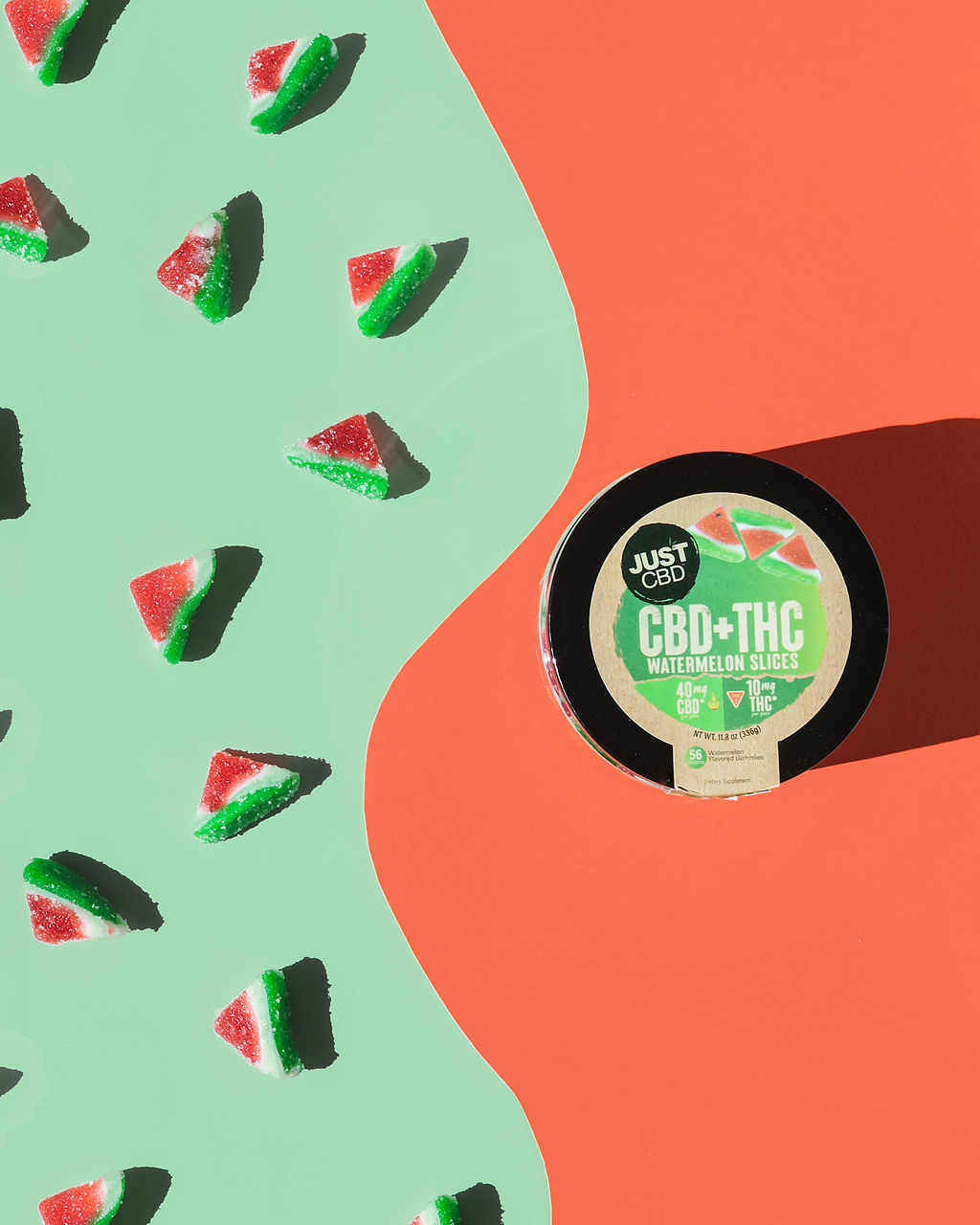Kratom powder has gained significant attention in recent years for its wide-ranging effects and cultural significance. Originating in Southeast Asia, this plant-based product has a rich history and is now making its mark globally as a natural supplement. In this article, we’ll delve into what kratom powder is, its uses, and what makes it so intriguing to those exploring natural remedies.
What Is Kratom Powder?
Kratom powder is derived from the leaves of the Mitragyna speciosa tree, an evergreen species native to Southeast Asia. Countries like Thailand, Indonesia, Malaysia, and Myanmar are home to this tree, which thrives in tropical climates. For centuries, the leaves of the kratom tree have been traditionally used by locals for their energizing and therapeutic properties.
The powder itself is created by drying and finely grinding the leaves of the kratom tree. The end product is a fine, greenish-brown powder that can be consumed in various ways, including mixing it with beverages, brewing it as tea, or encapsulating it for easy ingestion.
The Chemistry Behind Kratom
The effects of kratom powder are primarily attributed to its active compounds, known as alkaloids. The two most significant alkaloids in kratom are:
- Mitragynine – A compound that contributes to the plant’s stimulating and mildly euphoric effects.
- 7-Hydroxymitragynine – A potent alkaloid responsible for kratom’s relaxing and pain-relieving properties.
These alkaloids interact with receptors in the brain, resulting in effects that vary depending on the strain, dosage, and individual physiology.
Types of Kratom Powder
Kratom powder comes in several strains, each offering unique benefits. These strains are typically classified by the color of the leaf veins before processing:
- Red Vein Kratom
Known for its calming and pain-relieving properties, red vein kratom is often used to promote relaxation and manage discomfort. - Green Vein Kratom
A balanced option, green vein kratom provides a mix of energy and relaxation, making it popular for those seeking a middle ground. - White Vein Kratom
Praised for its stimulating and focus-enhancing effects, white vein kratom is a favorite among individuals looking for a natural energy boost. - Yellow Vein Kratom
A less common strain, yellow vein kratom is said to offer mild effects, often leaning towards relaxation and mood enhancement.
How Is Kratom Powder Used?
Traditional Use
Historically, kratom leaves were chewed fresh by Southeast Asian laborers to combat fatigue and boost productivity during long work hours. It was also brewed into teas for rituals and medicinal purposes.
Modern Consumption Methods
In contemporary settings, kratom powder is consumed in several ways:
- Toss and Wash
The simplest method involves placing a spoonful of kratom powder in the mouth and washing it down with water or juice. - Kratom Tea
Brewing kratom powder into tea is a popular way to consume it, as it reduces the bitter taste while providing all the effects. - Capsules
For convenience, many people encapsulate kratom powder, making it easy to measure and ingest. - Mixing with Food or Drinks
Kratom powder can be added to smoothies, yogurt, or even baked goods to mask its taste.
Potential Benefits of Kratom Powder
Kratom enthusiasts and preliminary research suggest several potential benefits:
- Energy and Focus
Lower doses of kratom, especially white and green vein strains, are said to improve mental clarity and physical energy. - Relaxation and Pain Relief
Red vein kratom is commonly used for its soothing properties, making it appealing to those dealing with chronic pain or stress. - Mood Enhancement
Some users report improved mood and a sense of well-being after taking kratom, attributed to its interaction with mood-regulating receptors. - Support for Opioid Withdrawal
Kratom has been explored as a potential aid for managing withdrawal symptoms, though more scientific studies are needed to validate this use.
Potential Risks and Precautions
While kratom powder has many proponents, it is not without controversy or risks. Some of the concerns include:
- Dependence and Tolerance
Regular use of high doses can lead to dependency and reduced effectiveness over time. - Side Effects
Nausea, dizziness, dry mouth, and constipation are common side effects, especially in higher doses. - Legal Status
Kratom’s legality varies by region. Some countries and U.S. states have banned or restricted its use, citing concerns over safety and abuse potential. - Lack of Regulation
In many places, kratom products are not regulated, leading to concerns about purity, contamination, and inconsistent quality.
Dosage Guidelines
Finding the right dosage of kratom powder is key to experiencing its benefits while minimizing risks. As a general guide:
- Low Dose (1-2 grams): Energizing effects.
- Moderate Dose (3-5 grams): Balanced effects, often combining energy and mild relaxation.
- High Dose (6-8 grams): Strong relaxation and potential sedative effects.
It’s recommended to start with the lowest dose and gradually adjust based on personal tolerance and desired effects.
The Debate Around Kratom
Kratom powder occupies a unique space in the world of natural remedies. Advocates highlight its potential as a safer alternative to pharmaceuticals for managing pain and improving well-being. However, critics point to the need for more research, regulation, and caution due to the risks of dependency and lack of standardized dosing.
Conclusion
Kratom powder is a fascinating botanical with a rich history and diverse applications. Whether you’re interested in exploring its potential for energy, relaxation, or pain relief, it’s essential to approach it with care, educate yourself, and consult with a healthcare professional if necessary. As science continues to delve into this ancient remedy, kratom powder’s place in modern wellness will likely become clearer.
My Personal Experience with Just Kratom Powders
When I first dove into the world of Just Kratom, I wasn’t entirely sure what to expect. Fast forward to now, and I’ve tried almost every powder they offer! Here’s my personal take on some of their standout products.
White Dragon Kratom Powder
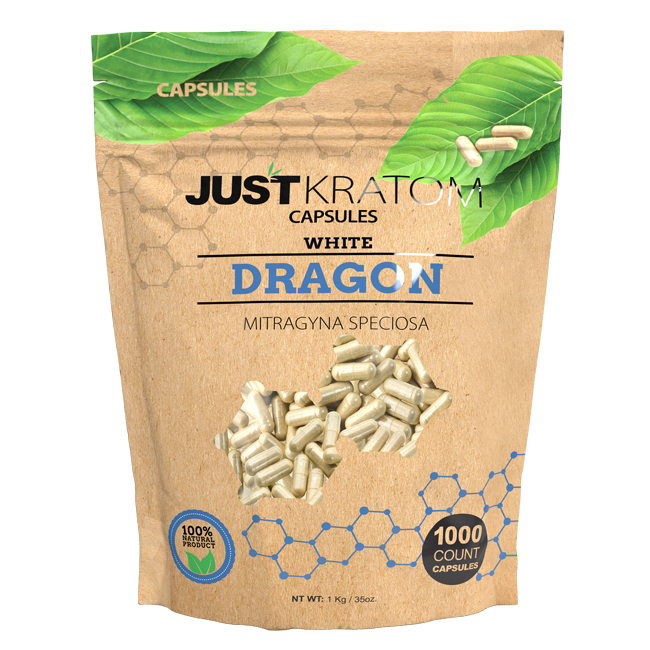
Purchase White Dragon Kratom Powder here
This one hit like a crisp morning breeze! White Dragon is great for energy, focus, and getting through a demanding day. I loved using it before tackling my workday. The effect is smooth, not jittery, and lasted for a solid 4–5 hours.
What I liked: Its clean energy and uplifting vibes.
What I didn’t like: It was a bit strong for evening use—it’s definitely not for winding down!
White Maeng Da Kratom Powder
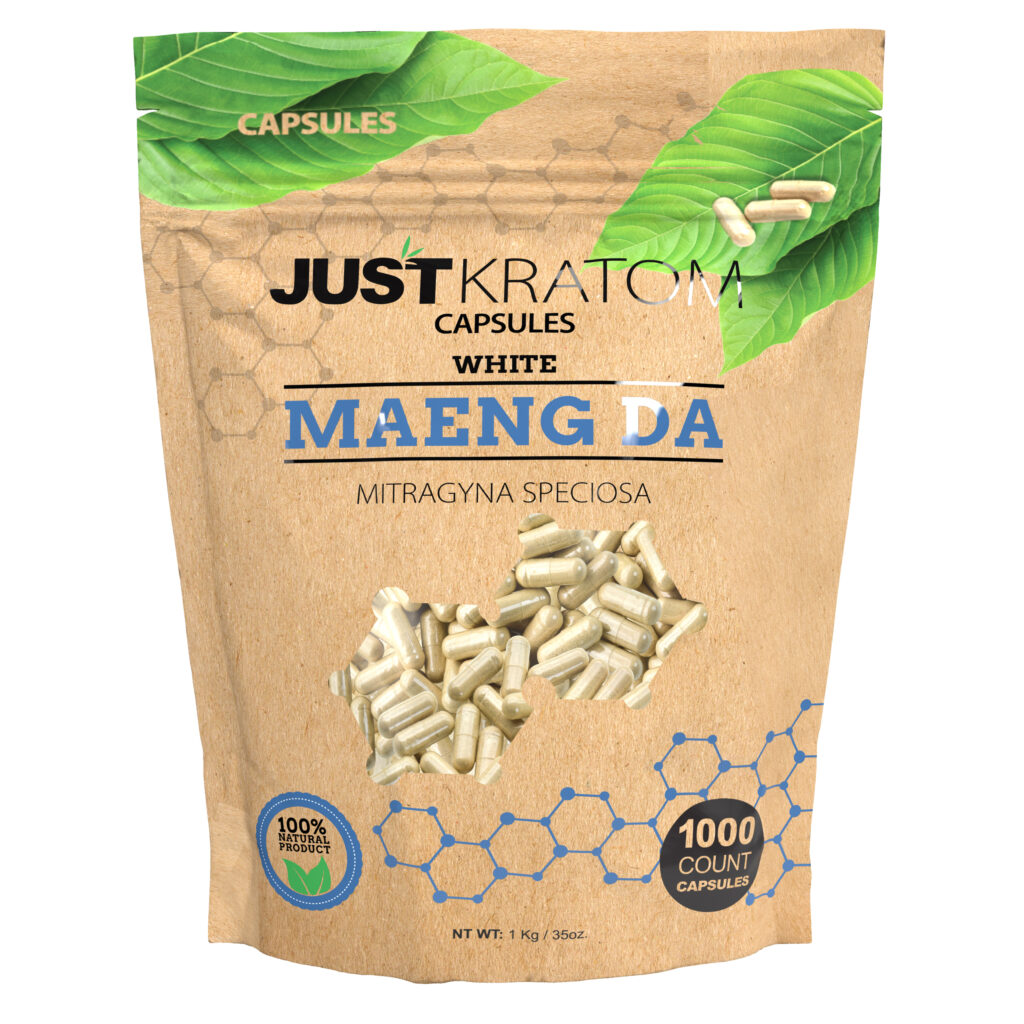
Purchase White Maeng Da Kratom Powder here
This was a powerhouse! It’s energetic but with a sharper edge than White Dragon. I found it perfect for workouts or brainstorming sessions. However, the taste is a little more pungent than some of the others.
What I liked: Supercharged productivity boost.
What I didn’t like: Slightly bitter flavor, but hey, that’s Maeng Da for you!
Green Vein Indo Reserve Powder
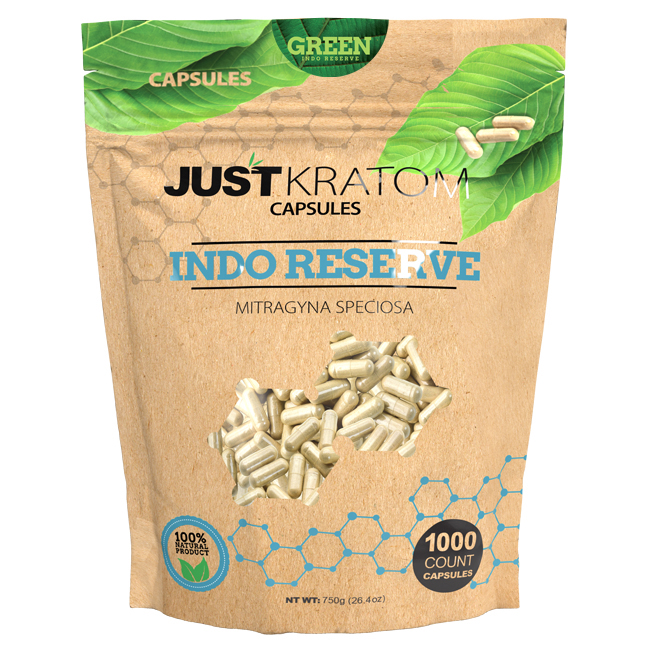
Purchase Green Vein Indo Reserve Powder here
Green Vein Indo struck a nice balance between calm and energy. This was my go-to for a mid-afternoon pick-me-up without feeling too wired. It’s smooth and great for socializing too!
What I liked: The mild energy boost with subtle relaxation.
What I didn’t like: Effects were not as long-lasting as I hoped—around 3 hours max.
Indo Reserve Powder
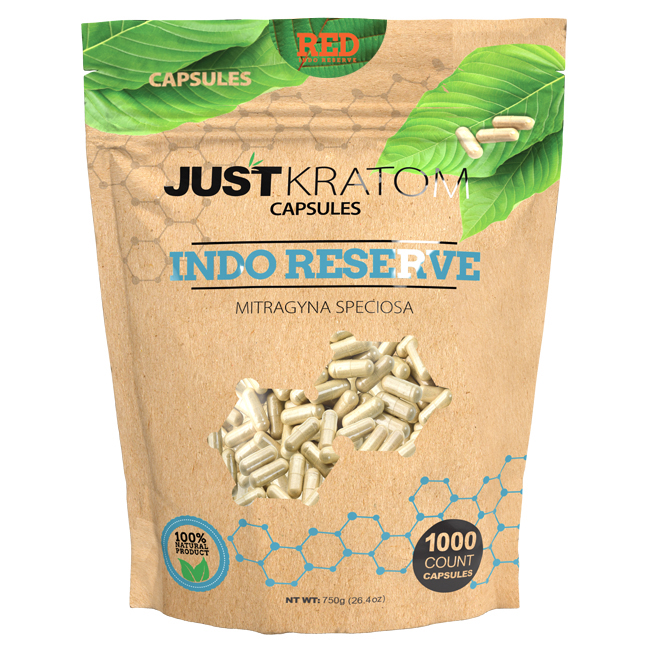
Purchase Indo Reserve Powder here
Classic and consistent, Indo Reserve felt like the “jack-of-all-trades” in this lineup. It’s versatile for both focus and relaxation.
What I liked: Perfect for beginners exploring kratom.
What I didn’t like: Nothing particularly “wow” about it compared to other options.
Green Maeng Da Kratom Powder
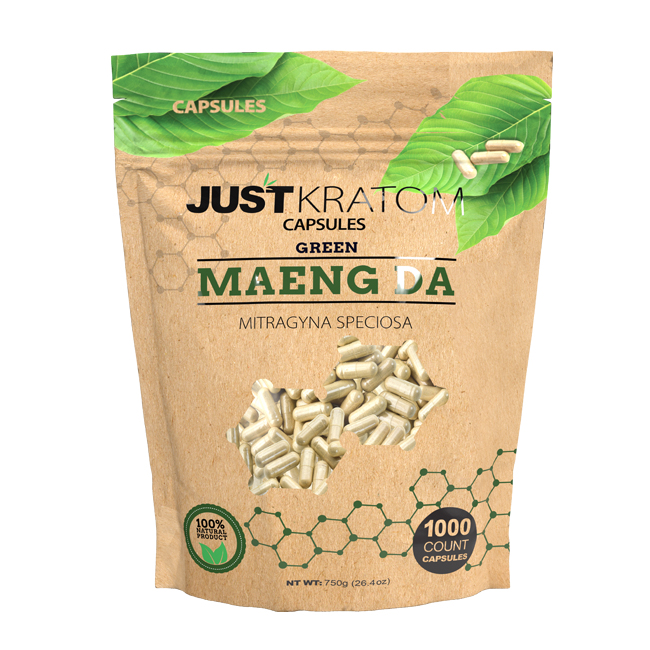
Purchase Green Maeng Da Kratom Powder here
Green Maeng Da was my favorite for balancing energy with calm. It gave me clarity and motivation, and I found it ideal for a morning routine.
What I liked: Balanced and versatile effects.
What I didn’t like: Not as relaxing as other greens if you’re looking to unwind.
Green Malay Kratom Powder
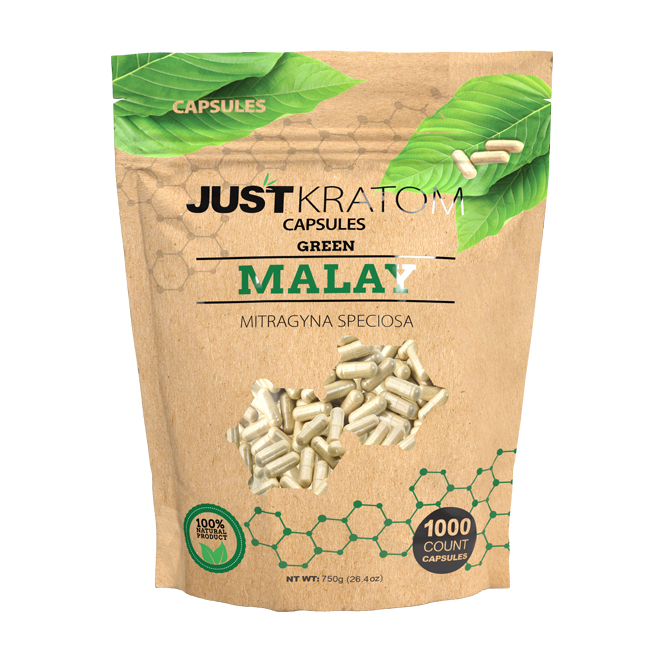
Purchase Green Malay Kratom Powder here
Green Malay is gentle yet effective, making it great for beginners or anyone who prefers a subtler experience. It offered a slow onset with steady effects, perfect for long study sessions.
What I liked: Smooth, long-lasting effects.
What I didn’t like: The slower onset might not be ideal for quick energy needs.
Red Bali Kratom Powder
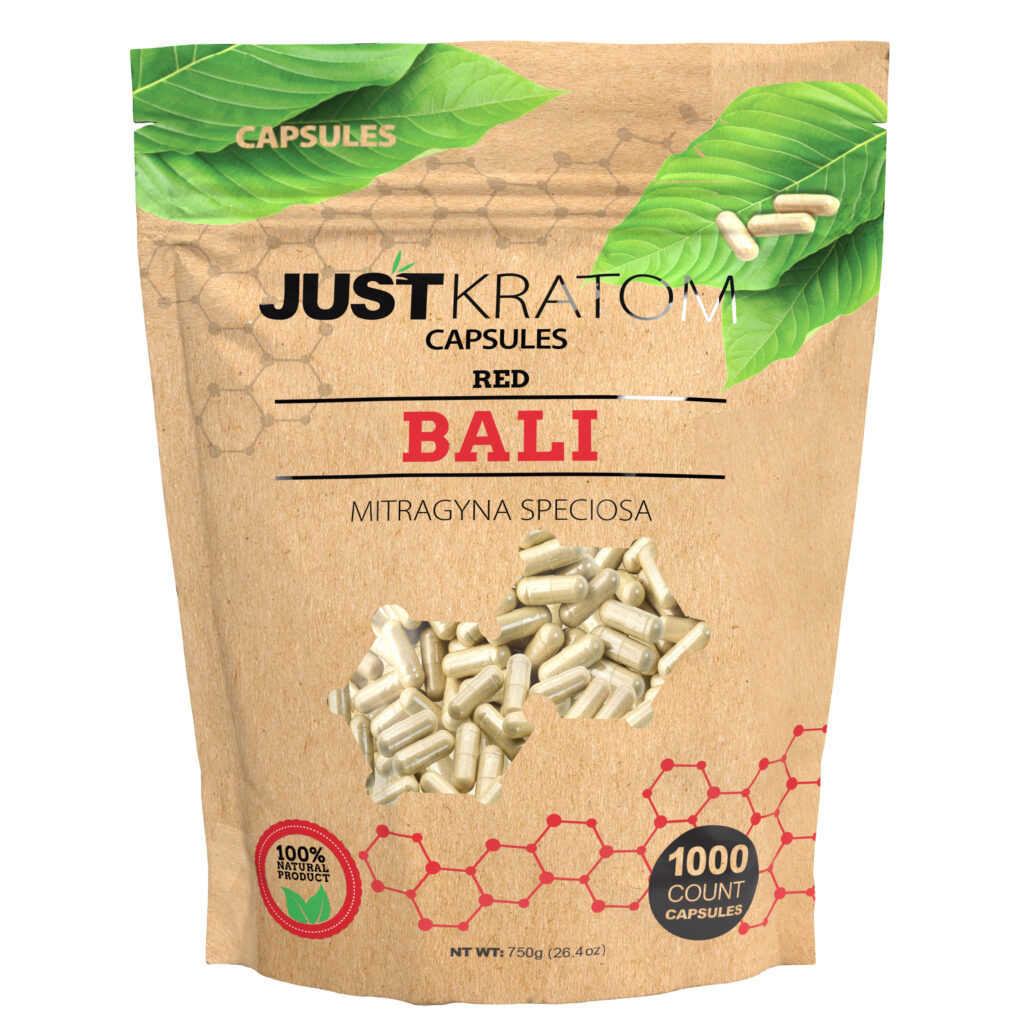
Purchase Red Bali Kratom Powder here
Red Bali is my ultimate evening companion. It’s deeply relaxing and perfect for winding down after a busy day. It eased stress and helped with sleep.
What I liked: Calming, with noticeable relief for tension.
What I didn’t like: Too sedating for daytime use.
Red Maeng Da Kratom Powder
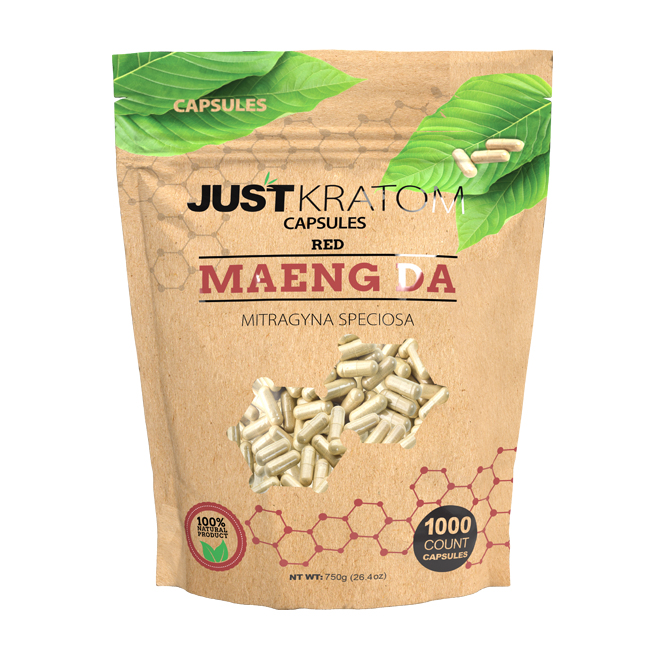
Purchase Red Maeng Da Kratom Powder here
The Red Maeng Da was a surprise—it’s relaxing but not overly sedative. It kept me calm and grounded without making me drowsy.
What I liked: Perfect for relaxation without full-on sedation.
What I didn’t like: The flavor is strong; mix it well!
Trainwreck Kratom Powder
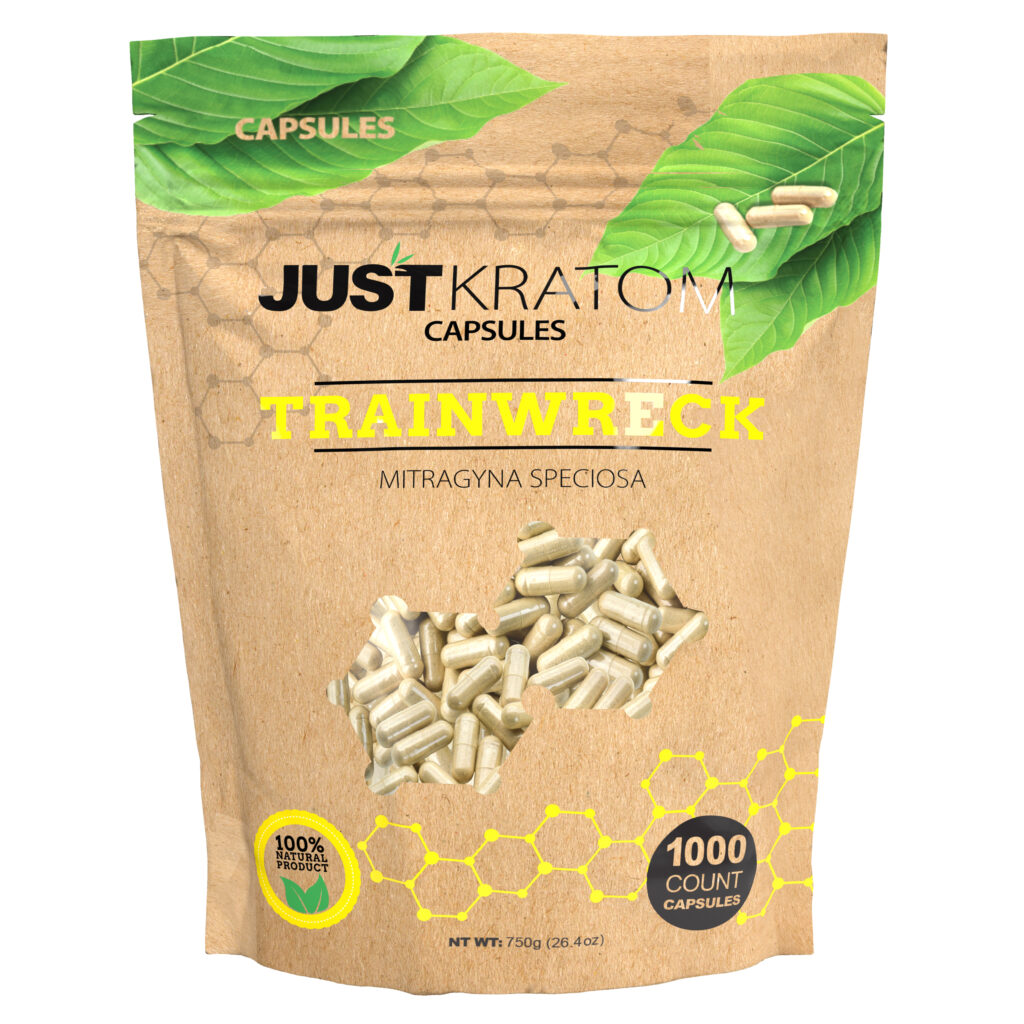
Purchase Trainwreck Kratom Powder here
Trainwreck is the wild card—it combines different strains for a full-spectrum experience. I felt both energized and relaxed depending on my mood. It’s a versatile blend but a bit unpredictable.
What I liked: Multi-purpose and potent.
What I didn’t like: Effects can vary slightly between doses.
Final Thoughts
Just Kratom offers something for everyone, from energy-packed Whites to calming Reds and everything in between. My top picks? Green Maeng Da for its balance and Red Bali for its relaxation.
If you’re new to kratom, I’d start with the Indo Reserve or Green Malay. For seasoned users, Trainwreck or White Maeng Da is a must-try!
What is Kratom Powder, and where does it come from?
Kratom powder is made from the dried and ground leaves of the Mitragyna speciosa tree, which is native to Southeast Asia. This tree belongs to the coffee family and has been traditionally used for its stimulating and relaxing effects.
How is Kratom Powder typically consumed?
Kratom powder can be consumed in various ways, including brewing it as a tea, mixing it with water or juice, or encapsulating it for convenience. Some users prefer the “toss and wash” method, where they swallow the powder directly with water.
What are the common strains of Kratom Powder?
Kratom strains are generally categorized by the color of the leaf vein: red, green, and white. Each strain is known for different effects, such as relaxation (red), energy (white), or a balance of both (green).
What are the potential benefits of Kratom Powder?
Users report benefits like increased energy, enhanced focus, pain relief, and relaxation. The effects can vary based on the strain, dosage, and individual tolerance.
Is Kratom Powder safe to use?
While many people use kratom without issues, it’s essential to use it responsibly. Start with a low dose and avoid combining it with other substances. Consulting a healthcare provider is advised, especially if you have pre-existing conditions or take medications.
What is the ideal dosage for Kratom Powder?
The ideal dosage depends on the individual and the desired effect. Beginners typically start with 1-2 grams, while moderate users may take 3-5 grams. Higher doses (6+ grams) are generally for more sedative effects but should be approached cautiously.
Can Kratom Powder cause side effects?
Yes, potential side effects include nausea, dizziness, dry mouth, constipation, and drowsiness. Taking too much kratom can increase the likelihood of these side effects.
Is Kratom Powder legal?
Kratom’s legality varies by country and even within regions of some countries. In the U.S., kratom is legal in most states, though a few have banned it. Always check local laws before purchasing or using kratom.
How should Kratom Powder be stored?
To maintain freshness, store kratom powder in an airtight container away from direct sunlight, heat, and moisture. A cool, dry place like a cupboard is ideal.
Can Kratom Powder be addictive?
Kratom can be habit-forming if used excessively or over a long period. To minimize risks, use it in moderation and avoid daily consumption.
- Evan Name Meaning - June 5, 2025
- Virginia’s Most Popular THC Infused Drinks - June 5, 2025
- Nebraska’s THC Infused Seltzer Recommendations - June 4, 2025

